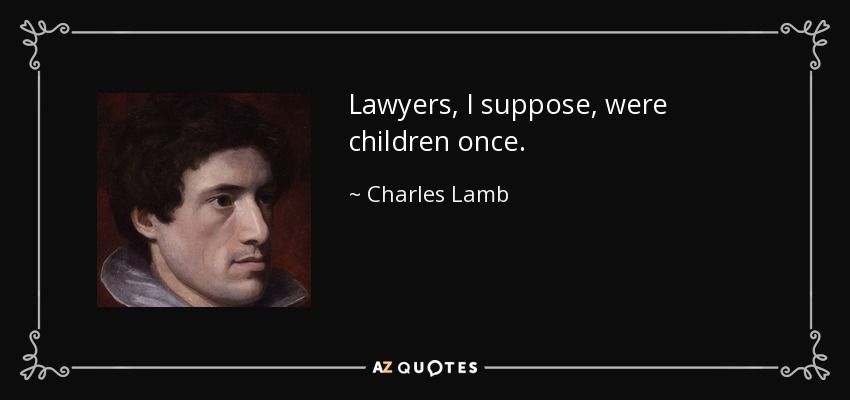saintpeter
Chief Justice

saintpeter for JusticeI recently announced my candidacy for Justice and hereby publish my campaign thread. Please feel free to ask any questions. In this message, I will try to address what I suppose are some of the questions people may have. I see that the other candidates have significantly shorter threads—probably because their experience already establishes about them what I say about myself here—but of course, I cannot address everything, so questions are again very welcome. I am somewhat busy until July 10, but will try to provide good answers as quick as possible.
I saw in some of the archived campaign threads that people made fancy logos for their campaigns. I, unfortunately, do not possess such skills, so I hope this semi-relevant quote will do.
On judicial philosophies
When thinking about lawyers, we like to think of them as adhering to one or two judicial philosophies (e.g. textualism). I understand this need, because when voting on or discussing a justice, we do not want to delve into the details of all their specific opinions. However, I personally would not subscribe to any particular philosophy per se. Rather, I believe a lawyer should take a pragmatic approach when dealing with law. Laws affect the people in our region, and far-away theoretical considerations that bear no resemblance to the status quo should not deny our citizens their constitutional rights. Decisions should be firmly grounded in theories and arguments that deal not just with the question at hand, but its practical implications.
In general, I like to keep close to the text of the law; the text of the law is after all often the best source as to what the citizens wanted the law to be. Unfortunately, the law doesn't always lay out specifically what the Regional Assembly (RA) wanted it to mean. In fact, sometimes different voters may vote for or against a law while holding different ideas of what the language of the law actually means in practice. This makes it very difficult to establish the RA's original intent and makes it so that the perceived orginalist interpretation is often not necessarily accurate. At the same time, decisions contrary to the originalist interpretation are often seen as judicial activism—although this is an overly broad understanding of this concept.
To balance these competing factors, I would normally apply the plain meaning rule as some call it in England, as well as a broader version of the golden rule, which, based on the facts of the case, may at times resemble the modern principle in construction. Combined with a foundation of pragmatism, this would in my opinion lead to a Court that is as just as it can be.
On judicial restraint
People have good reasons to be concerned with the power of the Courts. The decisions of the Court influences the way the region operates, but at the same time, its decisions are not nearly as democratic as the decisions of the RA. Fears of the Court legislating from the bench may logically lead to calls for judicial restraint (the belief the Court should grant the RA broad discretion in how it aligns its laws with the Constitution). In my opinion, however, such a call would be misguided. I fully recognise the concern that some have in judges failing to self-regulate their exercises of power, but this cannot pose a burden to the fundamental rights of our region's citizens.
Instead of allowing unconstitutional laws to exist because they are not plainly unconstitutional, the Court should protect the Constitution to the fullest extent. Now, this does not mean the Court cannot self-regulate its power. The Court is perfectly capable of enforcing the Constitution while deferring the legislative needs to the RA. If, for example, a clause is ambiguous (to prevent me from prejudging any potential issue, I will not mention a specific clause), but the way it was applied by a government official was clearly absurd, the Court can rule as such while deferring the task of clarifying the clause to the RA.
Some practical notes on the Court
First of all, I would note that I support the idea of law clerks and that, as Justice, I would advocate for setting up a trial with one, two or possibly three clerks. Second of all, if I am elected, I will undoubtedly serve with Justices more experienced than me. It would not be any problem for me to utilise their experience to the benefit of the Court, even if that would somehow lead to being overshadowed by this experience in the beginning. Lastly, I have no reason to belief that I will not be able to serve the full term or be hindered by a lack of time. As noted, this week is particularly busy for me, but such periods are always short and far between.
I thank all those that finished reading my campaign, and welcome any questions.
--saintpeter

